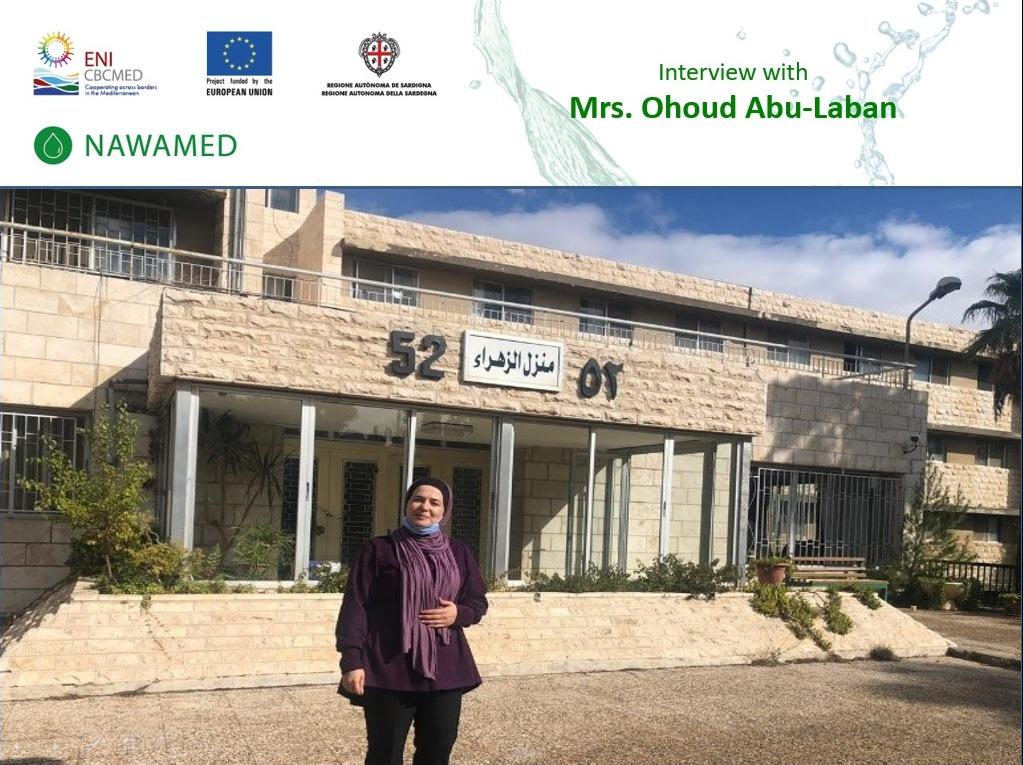NAWAMED: social acceptance and perception in Jordan about nature-based solution to reuse water

Everybody knows the critical water situation in Jordan, synthetically described by Prof. Ahmed Al-Salaymeh, coordinator of NAWAMED for the University of Jordan (UJ) partner of the project, in this news. Jordanian technicians, experts, researchers but also citizens are the first to be conscious of the national water related issues. Consequently, it’s clear the tends to value the opportunity supplied by the nature-based solutions for non-conventional water reuse, as UJ is doing starting by its own buildings (more information about the pilot site in this news).
However, even where people are concretely aware about the water value, we know that the social acceptance of nature-based solutions and water reuse are a turning point of projects proposing those solutions.
According to the above considerations and before installing the green wall, the pilot plant for grey water treatment that is situated at the dormitory of the University of Jordan, UJ decided to better understand the perception of Mrs. Ohoud Abu-Laban, who is the supervisor of the dormitories at the University of Jordan, so one of the most influenced persons with the implementation of the project.
The idea of covering a façade of the dormitory building with a green wall is great. It will give the building an aesthetic and attractive appearance, and I expect the students and university community to be happy with this new look
However, the nature-based solution proposed by NAWAMED, not only improves aesthetics further than regulates temperature and enhances biodiversity and air quality, but mainly aims to demonstrate how a building can be an efficient water producer rather than a water consumer.
The building consumes a large quantity of water for domestic uses and we are using the water from the dormitory and water tanks to irrigate the garden surrounding the building, so each activity useful to save water is welcome
Nevertheless, some doubts have been expressed when it was better explained that for saving potable water they would treat and reuse non-conventional water (NCW), in particular grey water, for secondary use, such as toilets.
I concern about any unpleasant odors affecting the health of students in the dormitory, but if this issue will be treated, further than well explained to us and the students, it will be perfect
In conclusion it’s clear that in general there is a good acceptance talking about the nature-based solutions concerning the aesthetic, while further explanations and details are necessary to reassure about features related to the reuse of grey water, in particular insects, odours and safety. NAWAMED partners will tackle these issues during the local awareness campaign, further than during the training for technicians and decision makers, because they need to be ready in order to answer to the citizens’ doubts once decided for a wider strategy for saving potable water, integrating the nature-based solutions for fostering the NCW reuse.









